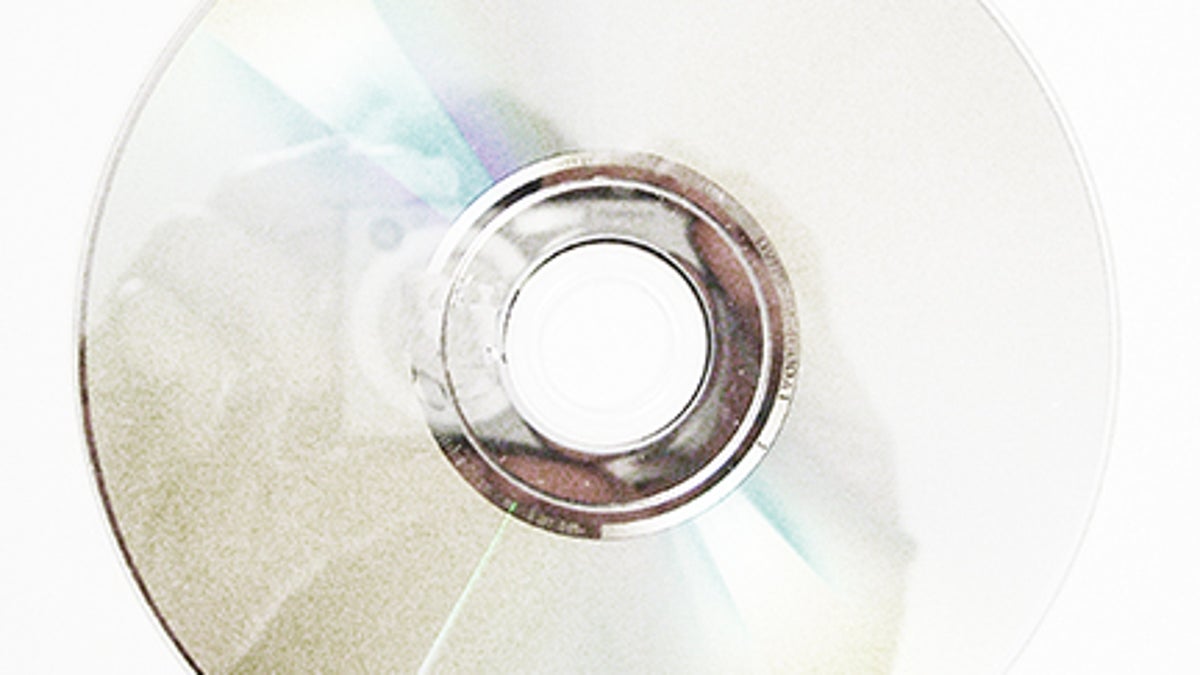Do major record labels have a future?
What's left of the old record/music business model? Brick and mortar "record" stores are going away, and commercial radio doesn't play a lot of new music.

Record stores are fading fast, the big labels--EMI, Sony/BMG, Universal, and Warner--are on their last legs, and commercial radio stations rarely play new music. The big music retail chains: Tower, Virgin, and HMV are all gone.
People still listen to music, it's how they hear it and find it that's changed. Oh, and they don't want to pay for it.
The Beatles didn't get a big, fat advance when they signed a record contract. They hooked up with EMI to make records; the band couldn't do it by themselves. Luckily for the Beatles, they had a terrific producer, George Martin, who encouraged John, Paul, George, and Ringo to keep growing. Without Martin the Beatles might have been just a minor footnote. He set the scene and created the right environment for the Beatles to bloom.
The artist/producer relationship is crucial, and back in the day, the great labels--Motown, Stax, Electra, Atlantic, Columbia, Blue Note, and Warner Brothers--had the best producers. The labels promoted the music and got it on the radio.
Nowadays, any 12-year-old could make a record in his or her bedroom, put it up on a site,and sell it. Up-and-coming local bands do the same--but without the input and direction from the right producer, the band won't tap its full potential.
And without a label to promote the band, they may never reach the widest possible market.
The old system (the labels, record stores, and radio stations) were a set of "filters" that limited the number of bands that, at any given moment, were heard on the radio. The filters preselected what they thought was the most likely to break through. It was a very imperfect system, but it gave us music with lasting appeal.
Those filters are almost completely gone now, so it's a lot harder for people to find new music. Most guys over 30 say, "It's all crap," and there's no new music worth listening to. That's so far from true, but they can't find it. There's too much music out there.
The big labels are signing fewer and fewer new bands, and I'm predicting that by 2012 they'll exist just to license their back catalogs. There will just be a smattering of small to midsize indie labels; established artists will roll their own and self-promote their music.
Fair enough, but without the best producers to nurture young talent a lot of potentially great music will be lost. The bands that might have been breakthrough artists under the old system will never be all they could be. They won't get that first big push by the right producer.
What do you think?

